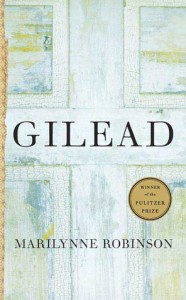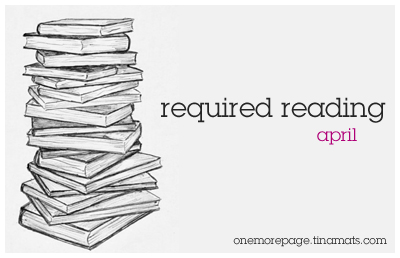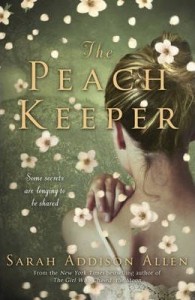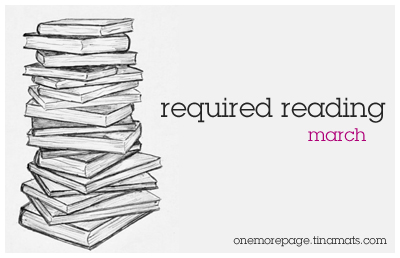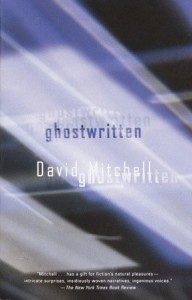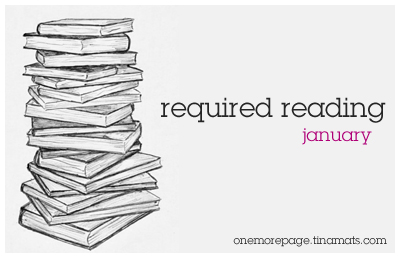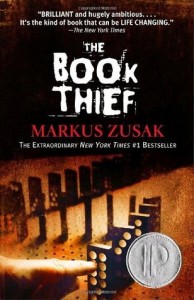Time to catch up on some reviews! I’ve read some of these books months ago, but I never got around to reviewing them around that time. Here we go! :D

Amelia O’Donohue is So Not a Virgin by Helen Fitzgerald
Publisher: Sourcebooks Fire
Number of pages: 217
At this boarding school, even the wildest rumors don’t measure up to what’s really going on…
Rachel Ross is asthmatic and “more bottled up than ketchup,” but that’s fine. Nothing will prevent her from graduating at the top of her exclusive new boarding school and getting into Oxford.
Rachel refuses to be distracted by the present until she uncovers a shocking secret on campus. She realizes that someone is in desperate need of help and that she actually has something to share-and more friends than she knew.
With an utterly original, hilarious, and honest voice, Amelia O’Donohue delivers a sexy new boarding school tale with true heart-and a surprise ending you won’t forget.
* * *
This book had me at “asthma”. Being an asthmatic myself, I like reading about characters who deal with the same thing. Amelia O’Donohue Is So Not a Virgin sounds like a fun book from the title alone. Rachel Ross (sidenote: Friends reference, anyone? :D) is uptight…but that’s okay, because her parents finally allowed her to go to the boarding school she wanted, so she can go to Oxford. She works hard to be the best in class, until she discovers a secret that could totally change the life of someone in school…if only she can figure out who it is.
Did I say fun? Oh yes, it was, and I found myself smiling at several parts of the book. I realized, though, that Rachel is really uptight, and sometimes it gets tiring to be in her place. Loosen up a little, girl! I found myself getting annoyed at her for not even trying to reach out…until the mystery is uncovered. When the secret was revealed, I had a teeny tiny suspicion about who owned that secret, but I wasn’t sure. I mean, there were no clues! Until I got to the end, and I had to flip through some of the previous parts to look for proof. Talk about mind games, Helen Fitzgerald. Well played.
Amelia O’Donohue is So Not a Virgin is a fun and smart book that talks about friends and family and a lot of mystery that can only happen in a boarding school. It’s a quick escape, and I enjoyed reading it. Oh, and this is not about Amelia O’Donohue. ;)
Rating: [rating=3]
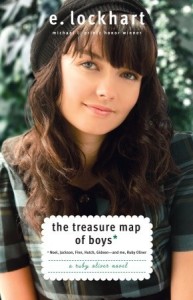 The Treasure Map of Boys by E. Lockhart
The Treasure Map of Boys by E. Lockhart
Ruby Oliver # 3
Publisher: Delacorte Books for Young Readers
Number of pages: 244
My copy: paperback, bought from Fully Booked
Ruby is back at Tate Prep, and it’s her thirty-seventh week in the state of Noboyfriend. Her panic attacks are bad, her love life is even worse, and what’s more:
·       Noel is writing her notes,
·       Jackson is giving her frogs,
·       Gideon is helping her cook,
·       and Finn is making her brownies.
·       Rumors are flying, and Ruby’s already sucky reputation is heading downhill.Not only that, she’s also:
·       running a bake sale,
·       learning the secrets of heavy metal therapy,
·       encountering some seriously smelly feet,
·       defending the rights of pygmy goats,
·       and bodyguarding Noel from unwanted advances.Ruby struggles to secure some sort of mental health, to understand what constitutes a real friendship, and—if such a thing exists—to find true love.
* * *
I liked the first two Ruby Oliver books I read, and I wasn’t planning to buy The Treasure Map of Boys, until one day I was left waiting somewhere without a book. So I finally got this so I would know what happened to Ruby and her state of Noboyfriend. In this book, Ruby seems like she’s back to square one, but this time there’s Noel. And Hutch. And Jackson again. And there’s lots of baking, and Nora and friendship that may or may not be ruined because of boys.
Oh poor Ruby. It was nice going back into the Tate Prep world, but I really, really want Ruby to have her happy ending. But I’m not even sure if her happy ending should involve a boy, because I think she should find a way to be happy by herself first before going out of the state of Noboyfriend. Not that I personally know, of course, but I wanted to give Ruby a hug every time she gets a nervous breakdown in this book! She becomes a bit more mature here, but even so there were wise and stupid decisions made. In a way, I think there’s a little Ruby Oliver in all of us.
As always, I liked how real Ruby’s voice was here, and funnily enough, her thoughts are not just thoughts of teenage girls but also sometimes, thoughts of someone who’s way past that age. Ehem. :p I loved the other characters, too, especially Ruby’s friends. I didn’t like how she treated some of them…but high school, oh high school. The pettiness makes me cringe, but I can’t say I didn’t go through the same incidents Oh, Ruby, you are not alone! I’m looking forward to reading the last book in the series, and I really, really hope that she gets the ending she really and truly deserves.
Rating: [rating=4]
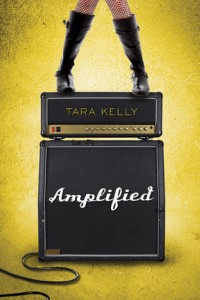 Amplified by Tara Kelly
Amplified by Tara Kelly
Amplified # 1
Publisher: Henry, Holt and Co
Number of pages: 293
My copy: hardbound, gift from Celina
When privileged 17-year-old Jasmine gets kicked out of her house, she takes what is left of her savings and flees to Santa Cruz to pursue her dream of becoming a musician. Jasmine finds the ideal room in an oceanfront house, but she needs to convince the three guys living there that she’s the perfect roommate and lead guitarist for their band, C-Side. Too bad she has major stage fright and the cute bassist doesn’t think a spoiled girl from over the hill can hack it. . .
* * *
I like music, but I can hardly play any instrument or even really sing (except in karaoke sessions), but for some reason, I love books about music. Or books with characters who are in a band. I don’t know why — perhaps it’s because I secretly dreamed of being in a band? Or is it because one of my dream jobs is to become a band’s manager? But I love reading books with them, so I’ve been wanting Amplified by Tara Kelly for a while now. Thanks to Celina for giving me a copy!
Amplified is about 17-year old Jasmine Kiss, who was kicked out of her home after saying she wanted to defer college so she can become a musician. She goes to Santa Cruz to find a place to stay and stumbles upon C-Side, an industrial rock band looking for a new guitarist ASAP and offering a room to rent, as well. Jasmine tries out, even if the band wants a male guitarist, and she has no idea what she will do with her stage fright when they told her they need the new guitarist for an upcoming show.
Just like the other books with a band that I have read, Amplified is full of rocking fun. I liked Jasmine, even if she was a little too uptight. She stuck to what she believed in, and she was so out of her comfort zone in her new place that I almost wished she’d give up and go back home because some of the things they tell her were painful. I also liked the other band members, especially Veta and Felix, who were both darlings. The romance was also well-developed, and there was good enough tension and slow enough development that made it believable — and Sean very crushable. ;) I liked their band dynamic, although I wished I could’ve seen a bit more of what makes the other characters tick — like more conversations between them, instead of just Bryn being almost as uptight as Jasmine or you know, having too many band practices.
But overall, Amplified is a novel full of rocking band fun and music. I still wish I could hear some of the songs they sing, though, just for the fuller experience of reading something like this. The author is writing a companion novel for Amplified entitled Encore. Sign me up, please — I want more of C-Side!
Rating: [rating=3]

